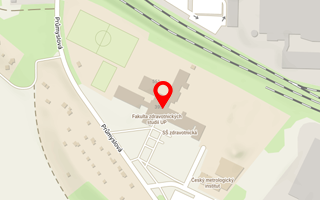Publication detail
Cytogenetic and Immunological Changes after Dermal Exposure to Polycyclic Aromatic Hydrocarbons and UV Radiation.
Authors:
Borská Lenka | Fiala Zdeněk | Krejsek Jan | Hamáková Květa | Andrýs Ctirad | Šmejkalová Jindra | Vokurková Doris | Kremláček Jan
Year: 2006
Type of publication: článek v odborném periodiku
Name of source: Physiological Research
Publisher name: Fyziologický ústav AV ČR
Place: Praha
Page from-to: 317-323
